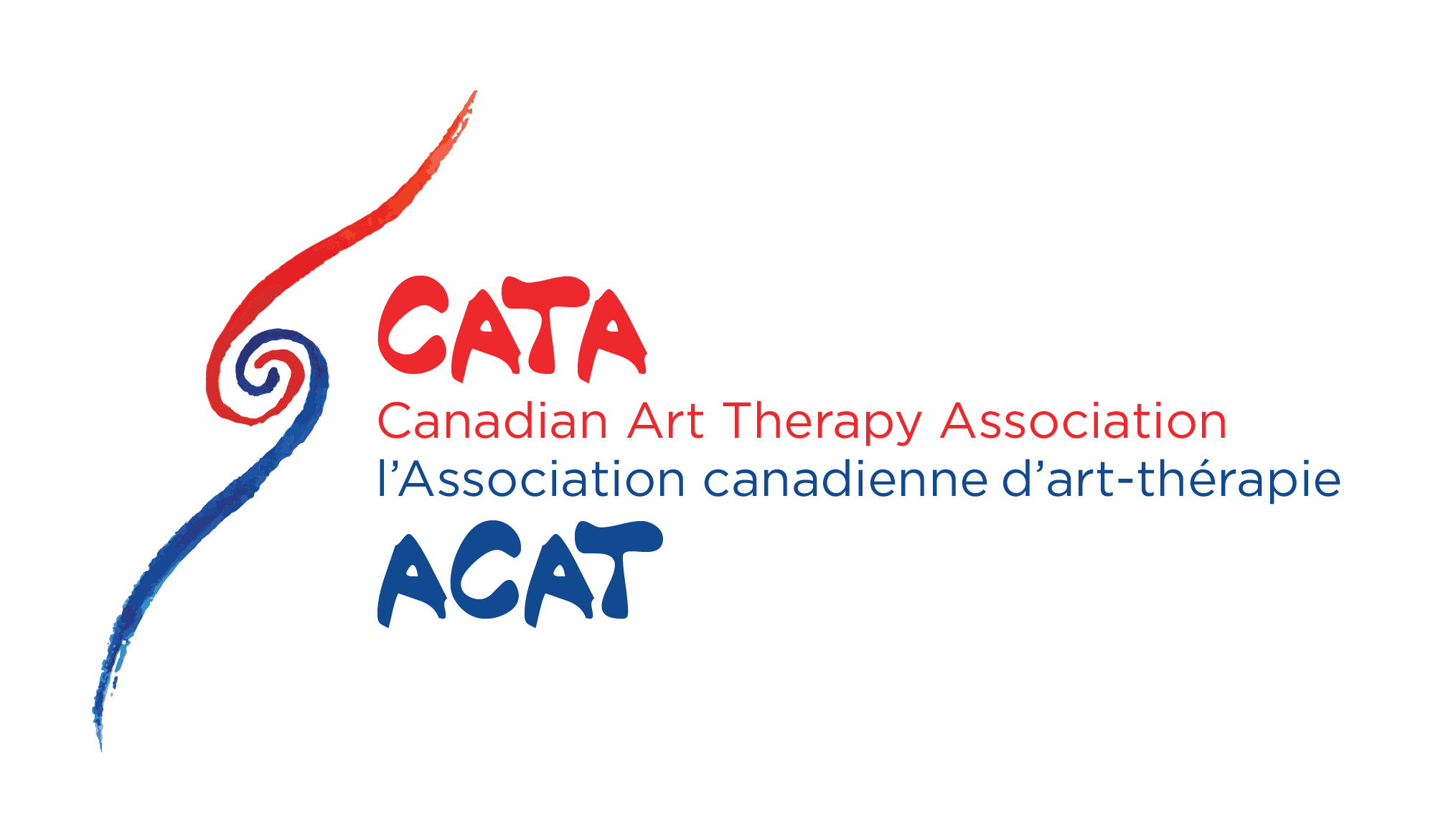Metamorphosis: Reflections of an Art Therapy Practitioner
Sarvatmika Rajeev (MA, AThR)
Chennai, India
Sarvatmika Rajeev is an art psychotherapist who is passionate about providing psychological and emotional support to individuals from disadvantaged backgrounds. She is committed to being part of a movement that seeks to raise awareness regarding mental health in India and globally, and advocates for the use of creative arts for therapeutic purposes for clients from varied backgrounds. She has experience in working with adolescents and adults in mandated rehabilitative settings, with backgrounds of suspected abuse, long-term illnesses and traumatic medical conditions, and with clients struggling with addiction, depression, PTSD and adverse childhood experiences. She incorporates materials and techniques that aid in developing a safe environment for creative expression during therapeutic encounters. Her practice focuses on client-oriented art therapy and she aims to further her art therapy practice drawing from her fundamental identity as an artist.
Metamorphosis, digital media, 2022
Cultivating an online presence and a digital identity for art therapy has been the essence of the hour. As a practitioner new to the emerging field of art therapy in India, developing this practice online has indeed been an interesting challenge. The larger demographic of clients seeking therapy now turn to Instagram to seek professional assistance. There are multiple online wellness gurus and influencers who engage in “Insta-therapy”.
On Instagram, these clients are urged to begin their healing journey (which can never take a break). According to these gurus, everyone “has trauma” and random symptoms are strung together to allow people to label and pathologize themselves. This decontextualized knowledge is presented through pastel memes and with the purpose to amass a larger Instagram following.
Certified art therapists have developed strong ethical practices after years of training. We help clients to explore their inner landscapes and to bring their subconscious and unconscious thoughts and emotions to consciousness.. The sessions are grounded in client safety and containment. Most importantly, the pastel memes do not begin to cover the depth of work that goes into each session with clients.
So why is it that influencers get ahead of us with their digital presence? It is the need of the hour for all institutions to include in their curriculum discussions of teletherapy and online art therapy, equipping professionals to propagate appropriate practices of art therapy online. The dynamic industry of art therapy is beginning to change again and it is the need of the hour to adapt to the new online landscape.


